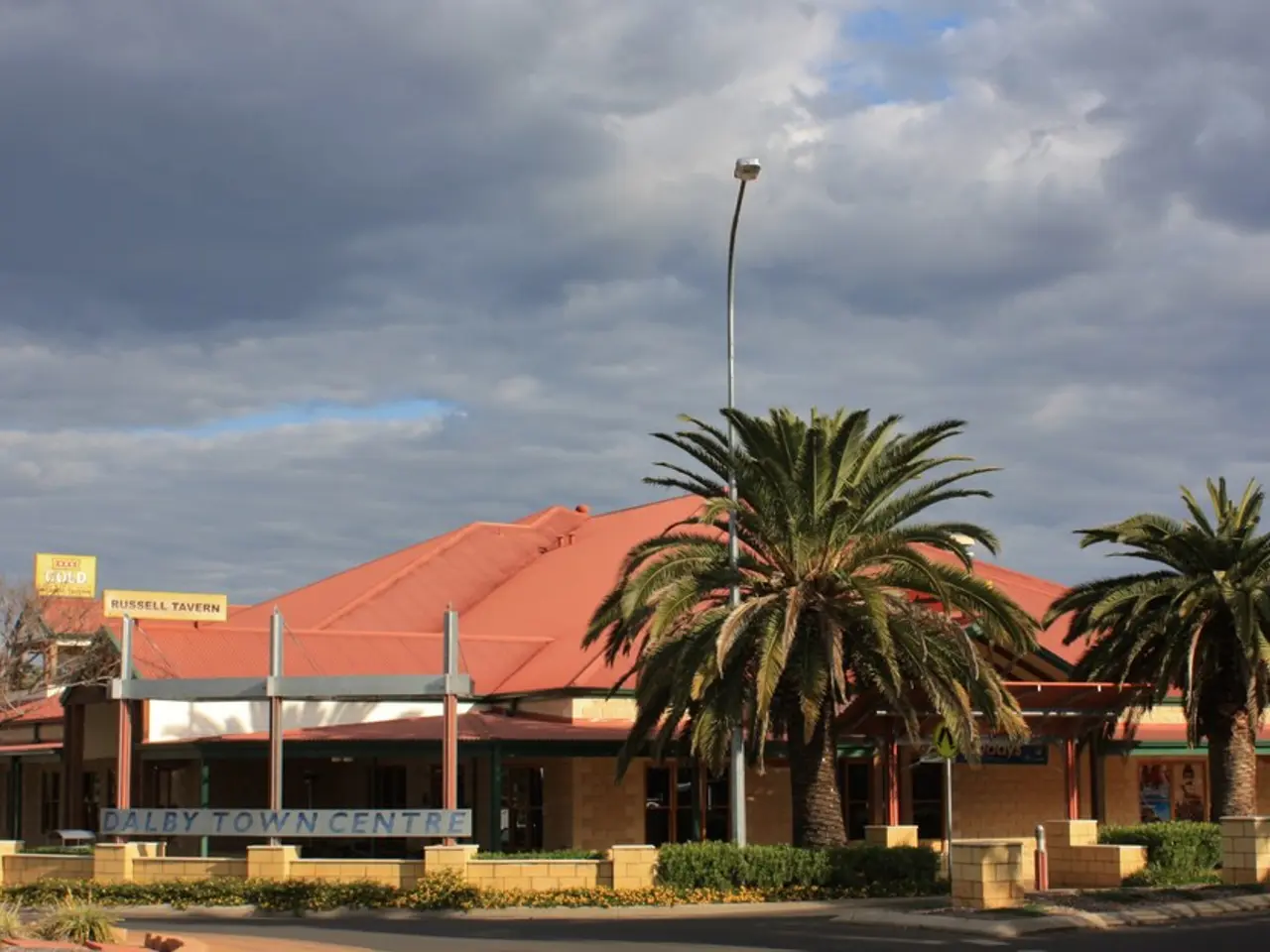Proposal for the establishment of Canada's inaugural dark sky corridor along the Fundy Shoreline
A Dark Sky Corridor Proposed Along the Fundy Coast
A dark sky corridor is being proposed along the Fundy Coast in New Brunswick, Canada, with the aim of preserving exceptional night sky darkness and promoting astrotourism. The corridor, spanning approximately 180 kilometres, would be the first of its kind in Canada.
The village of Fundy-St. Martins, a coastal town known for its red cliffs, sea caves, and part of the Bay of Fundy, is at the heart of the proposed corridor. Local resident Drexel Tjui finds the night sky in St. Martins relaxing and peaceful, often thinking of family members who've passed away when he gazes at the stars.
The initiative is led by Stéphane Picard, an astrophotographer, who is working on a community initiative to make Fundy-St. Martins and nearby provincial parks designated dark sky sites. Picard's dream is to add more locations and create a dark sky corridor from New River Beach Provincial Park to Hopewell Rocks Provincial Park.
The corridor would anchor around existing dark-sky preserves like Fundy National Park and Irving Nature Park in Saint John. With at least six certified dark sky sites within the corridor, it would boast the highest concentration of such sites worldwide.
The project is expected to bolster astrotourism, which is rapidly growing worldwide and already showing traction locally through star parties and tours organized by groups like Cliff Valley Astronomy. This corridor would provide a premier destination for stargazers and nature lovers, encouraging sustainable tourism that benefits local businesses and communities.
Advocates emphasize additional ecological benefits, stating that dark sky preservation supports wildlife and overall ecological health along with human well-being. If successful, this would establish Canada as a leader in dark sky preservation and potentially set a model for similar initiatives elsewhere.
The Royal Astronomical Society of Canada regards the proposal as exciting and unique in the country. Ashley Northcotte, the Communications Coordinator at the Royal Astronomical Society of Canada, finds the proposal exciting and believes that if it goes through, Canada could become a leader in dark sky preservation.
Jim Bedford, Mayor of Fundy-St. Martins, has given the dark sky committee a letter to move forward with applying for grants. However, more work needs to be done, including public consultation and potential changes to the rural plan. Elaine Shannon, President of the St. Martins and District Chamber of Commerce, believes that the protection of the dark sky benefits humans, wildlife, and ecology.
The St. Martins & District Chamber of Commerce views astrotourism as an opportunity for people to visit the region, play, and stay. The Bay of Fundy, home to the world's highest tides and attracting over 150,000 tourists annually, would further benefit from this initiative.
In summary, the Fundy Coast dark sky corridor is a motivated, but still developing project with strong local support and promising prospects to enhance astrotourism while protecting dark skies and the natural environment in New Brunswick.
The proposed dark sky corridor along the Fundy Coast could potentially attract environmental-science enthusiasts who are interested in the stars and the natural world, as it promises exceptional night sky darkness and a prime location for stargazing. Meanwhile, lifestyle and travel choices of individuals could be influenced by this corridor, with its potential to provide tranquil and unique experiences for those seeking a peaceful escape amidst the beauty of nature.





